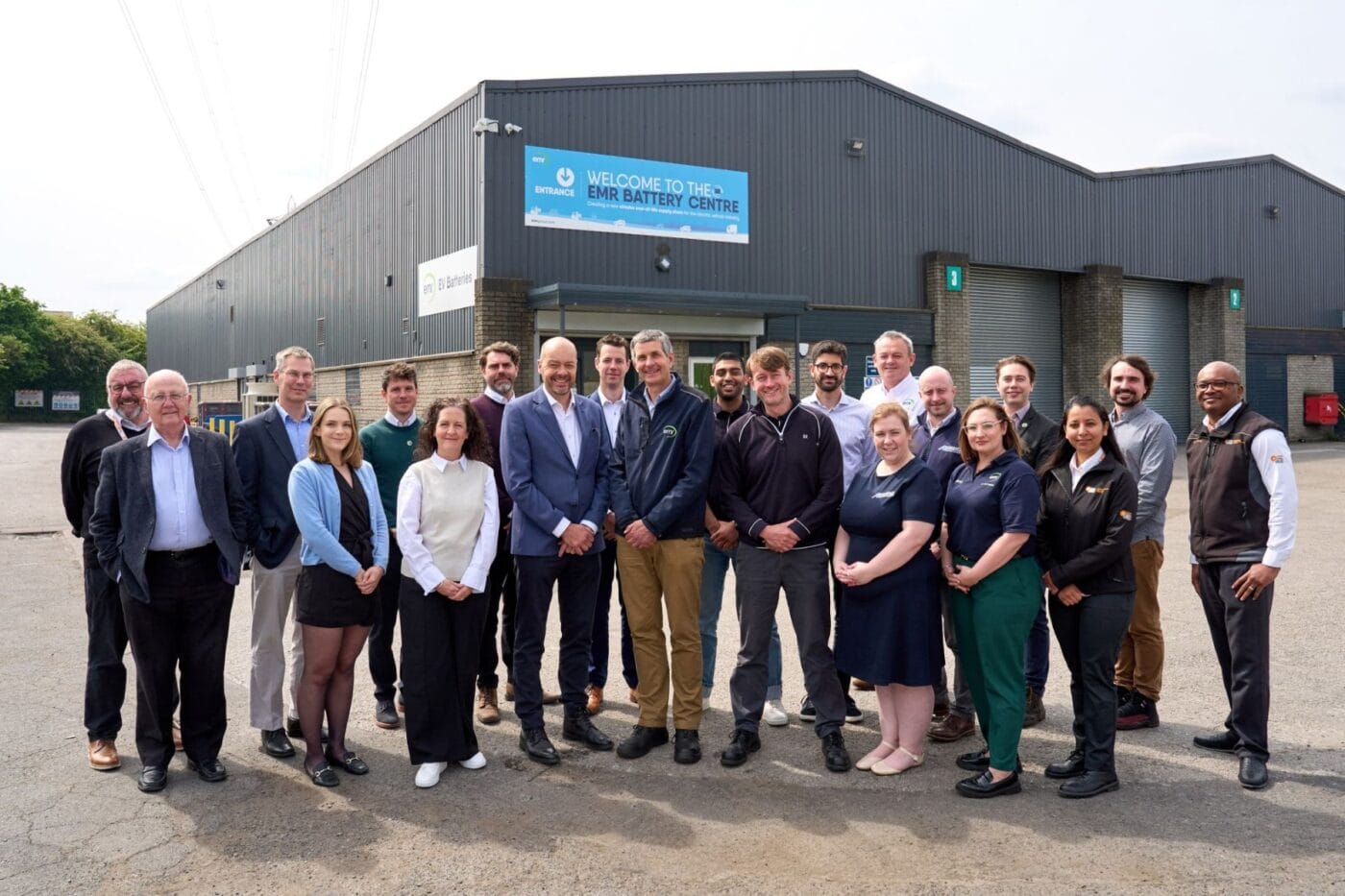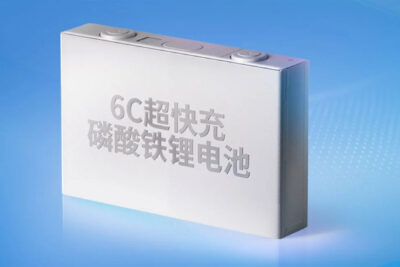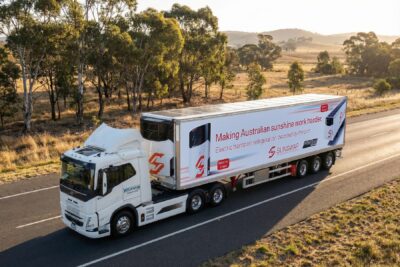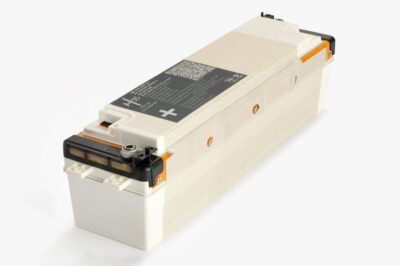RECOVAS project establishes UK’s first circular supply chain for EV batteries
The UK’s efforts to build a circular economy for electric vehicle (EV) batteries have reached a significant milestone with the conclusion of the RECOVAS project. The four-year initiative, funded by the Advanced Propulsion Centre (APC) and led by EMR, has delivered several practical outcomes that collectively form the UK’s first functioning circular supply chain for EV batteries.
At the core of the project is EMR’s new battery recycling facility in Birmingham. Now operational, the site can process up to 2,000 tonnes of end-of-life EV batteries per year. The facility is the result of a multi-million-pound investment and has created 14 skilled jobs, significantly expanding domestic recycling capacity.
In parallel, major carmakers BMW, Jaguar Land Rover, and Bentley Motors developed technical guidance to embed reuse, remanufacture and recyclability into future EV battery design. This work aims to influence automotive engineering practices across the supply chain to support circularity from the outset. Autocraft Drivetrain Solutions contributed mobile triage and remanufacturing systems, along with diagnostic processes for battery assessment and repair. These tools enable batteries to be evaluated and refurbished efficiently, supporting second-life use before materials are recycled.
Other members of the consortium contributed as well. Connected Energy validated the business case for repurposing used EV batteries for stationary energy storage. This second-life application extends battery value and reduces demand for new cells. And WMG at the University of Warwick advanced recovery techniques for critical materials such as lithium from black mass—a by-product of cell shredding—and developed rapid triage capabilities at the cell level. These processes support material recovery at higher yields and improve economic viability.
Furthermore, the UK Battery Industrialisation Centre (UKBIC) created lifecycle and economic assessment tools that evaluate the environmental and financial impact of battery packs from raw material sourcing through reuse and recycling, enabling data-driven decisions across the value chain. At the same time, the Health and Safety Executive (HSE) conducted research into the risks associated with battery material handling and shredding, offering safety guidance to support the wider adoption of battery recycling processes.
RECOVAS has also been recognised by industry peers, winning the 2025 Resource and Waste Management Partnership of the Year at the LetsRecycle.com Awards for Excellence. The project was first announced in November 2020 and kicked off in January 2021.
“By focusing on a range of challenges and opportunities associated with this technology, companies in the recycling, automotive and energy sectors have highlighted the huge progress that can be made when we work together,” said Alexander Thompson, Innovation Project Manager at EMR. “While RECOVAS has ended, its legacy continues in partnerships which will continue to benefit this growing industry in the years and decades ahead.”





0 Comments